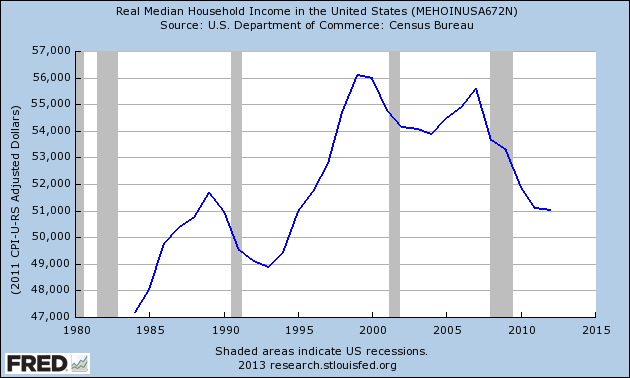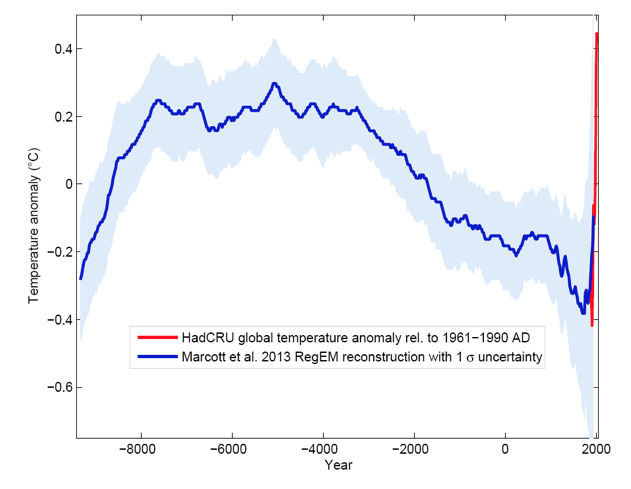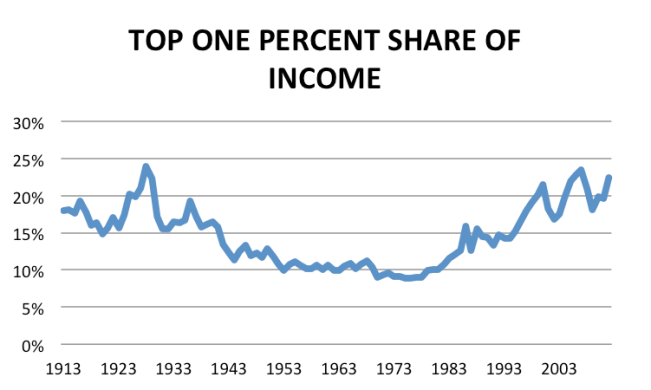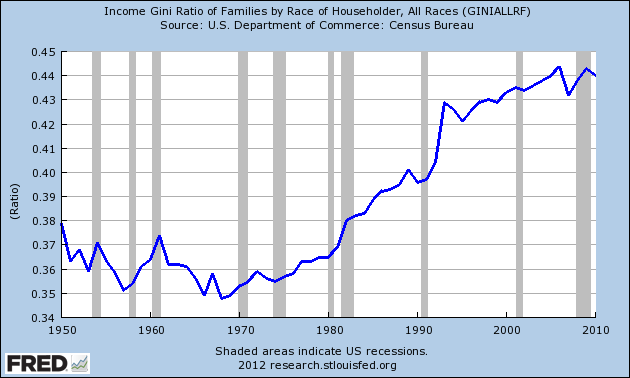One thing downtown Everett (Wash.) doesn’t need: another bank. Yet, over the last couple of months the city will have added two, People’s Bank and Homestreet Bank. My problem with this is that money goes into these businesses but, judging by the state of downtown, stays there; it is not invested in improving the built and cultural environments.
I live downtown along the main street that defines “new” Everett, with Hewitt associated with the “historic” Everett. New Everett boasts a half-dozen banks within a three-block stretch.
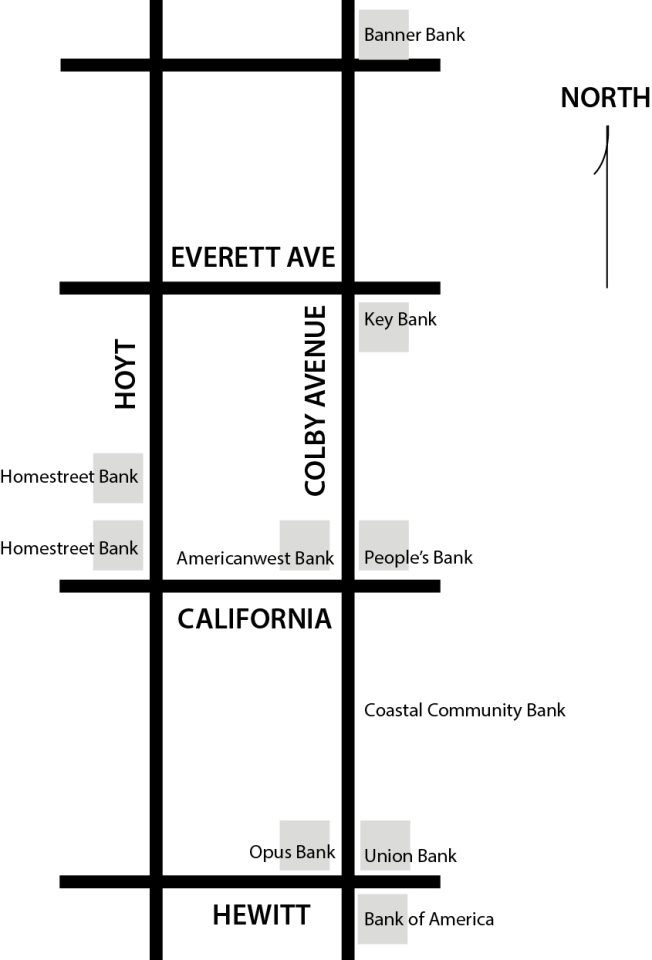
As I walk north along Colby, the “business” street, I encounter three banks on the corner of Hewitt, which runs east and west. They are: Opus Bank, Union Bank, and Bank of America. Here’s a panorama shot looking NE, with Union Bank in the center, Opus to the left, and Bank of America to the right.
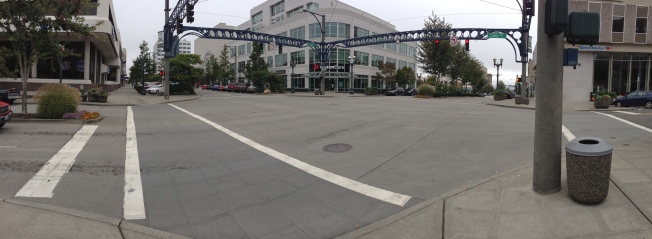
Opus, on the left, Union, in the center, and Bank of America on the right
A half-block north we find Coastal Community Bank.
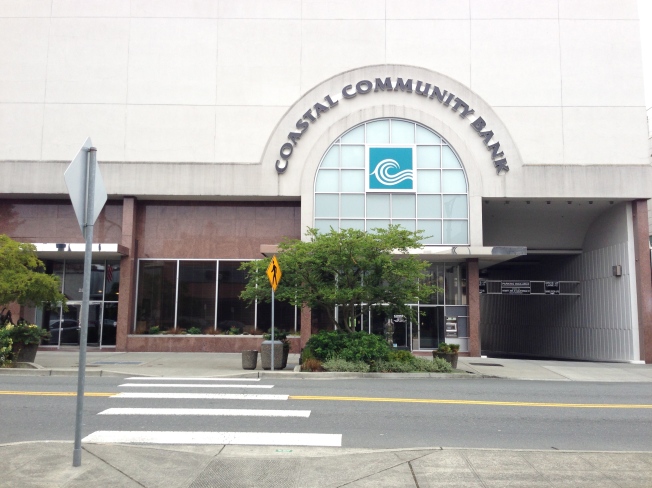
Coastal Community Bank
At the end of this block citizens have two more banks in which to deposit their cash, the aforementioned People’s Bank and AmericaWest Bank.
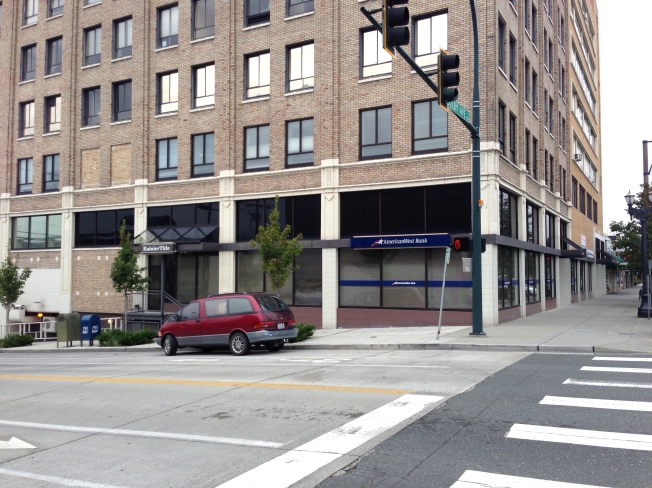
AmericaWest Bank
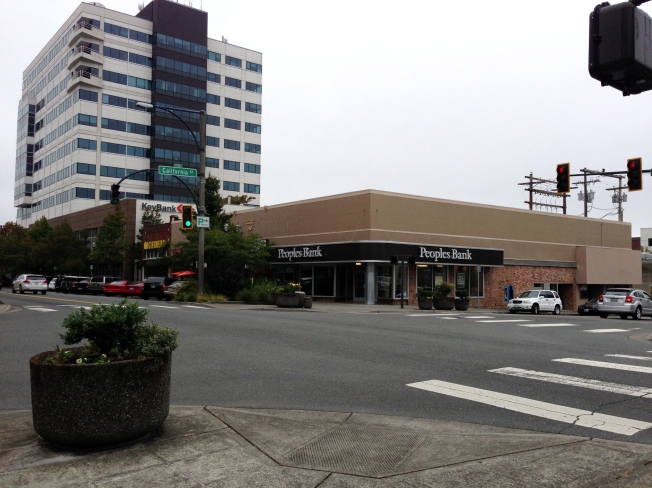
People’s Bank
Lest you you’re not satisfied to put your money into these banks, the city provides a couple of more institutions just a short walk further.
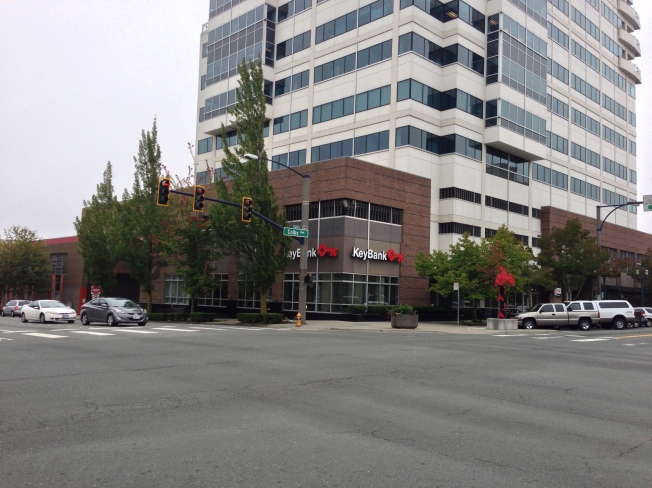
Key Bank, on the SE corner of Colby and Everett Ave.
Banner Bank located recently a block further north.
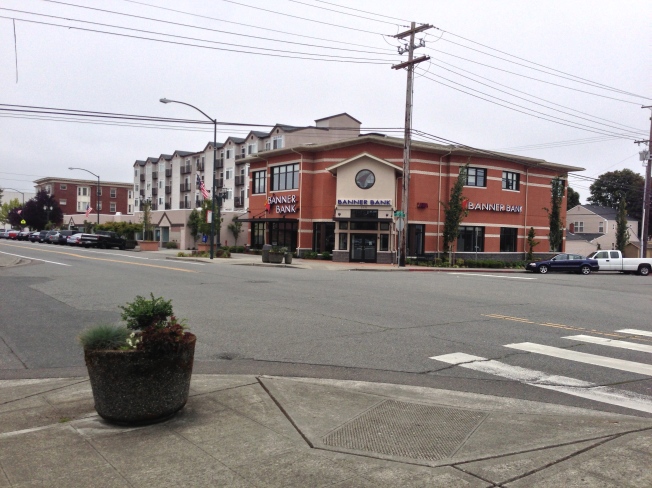
Banner Bank
This morning’s Herald also featured an article on nearby communities’ efforts to revitalize their respective downtowns. Arlington’s civic leaders decided that their downtown, though quaint, was ugly. So they invested about four million to improve streets, sidewalks, and combine them into a coherent whole, which now attracts both people and their dollars, not to deposit but to spend. Further south, Mountlake Terrace is undergoing a similar effort to transform its urban area.
Everett, on the other hand, seems not to have a clue about revitalization, if it’s even on the radar of the city council and mayor. Filling up space with banks deters rather than enables vibrant places. Arlington’s spokesperson said:
You concentrate on your streets and the return is investment by business…We’ve had ups and downs during the past six years, but Arlington is in a good place right now.
What I find particularly sad about Everett’s newest bank is what was supposed to occupy its location. Art and Craig Skotdal, the owners of Library Place, were quite excited one fine morning as I happened by during my daily walk. Art took me into the space that was designed to accommodate a restaurant and bar. On warm summer evenings, he said, the sliders would be pulled back, opening the space to the adjacent courtyard that abuts the sidewalk.
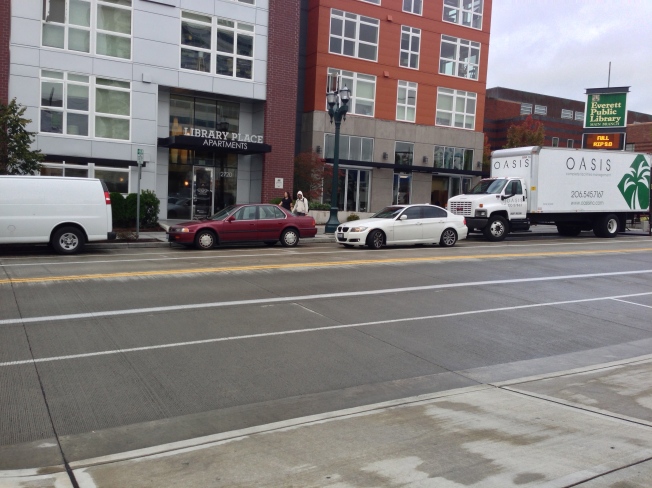
Library Place (just to the right of the entrance was to be a restaurant-cum-bar)
But the space remained empty for months. Evidently no one, including any of the many bank managers, thought it worthwhile to invest in a restaurant. The Skotdals, of course, run a business, so rent revenues are important. Better to have something rather than nothing. The Herald:
“We’re excited to welcome HomeStreet Bank to downtown Everett,” [Craig] Skotdal said. “We toured several of their branches and we’re very impressed with their design and quality. It will be a new business for Everett and we always view that as a win.”
What about the people and vital communities? Everett, as usual, will have to wait.
